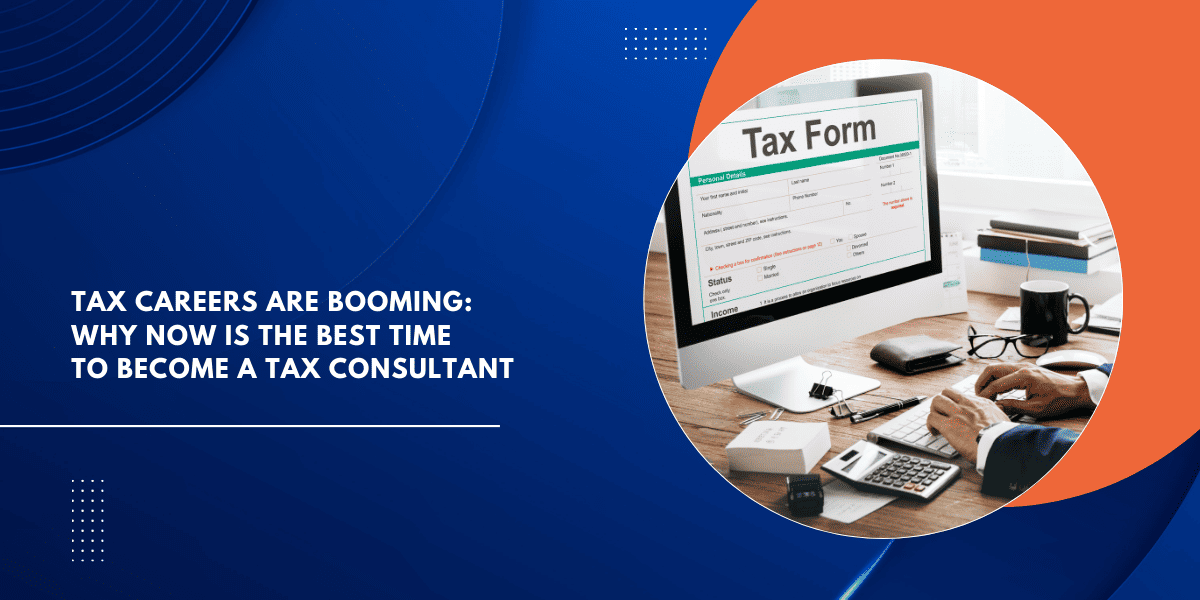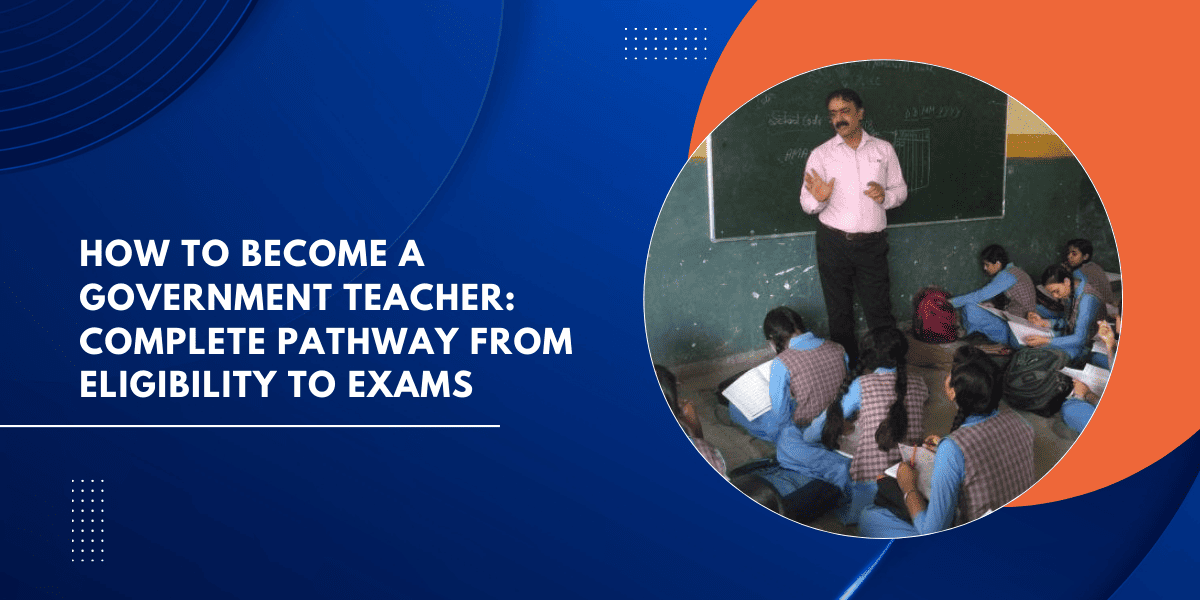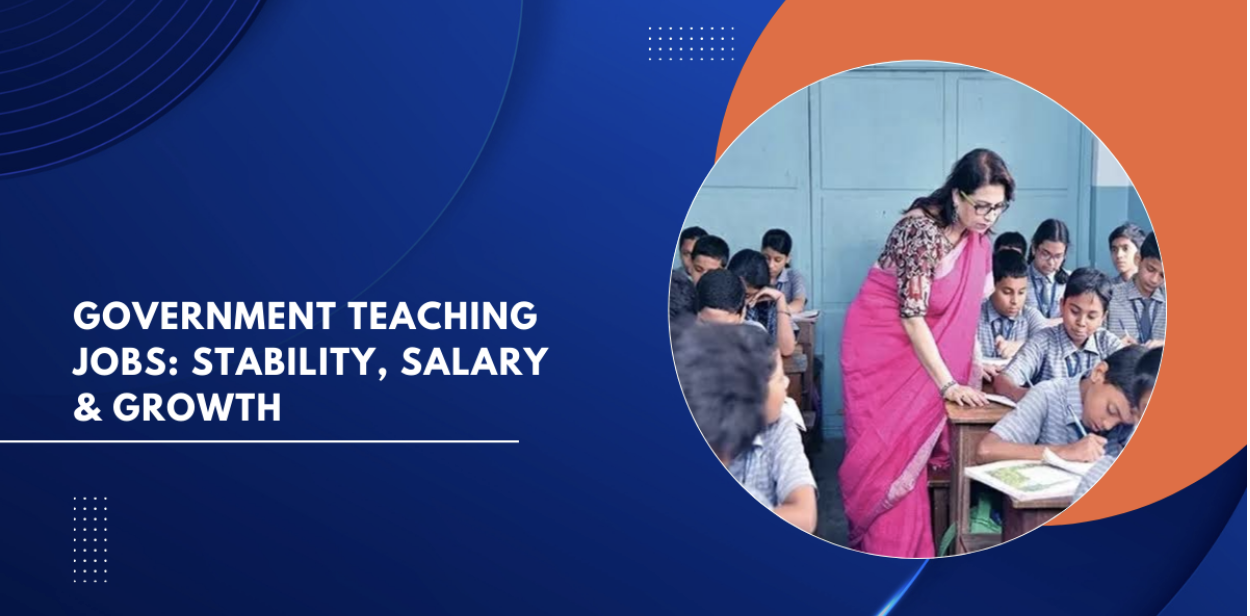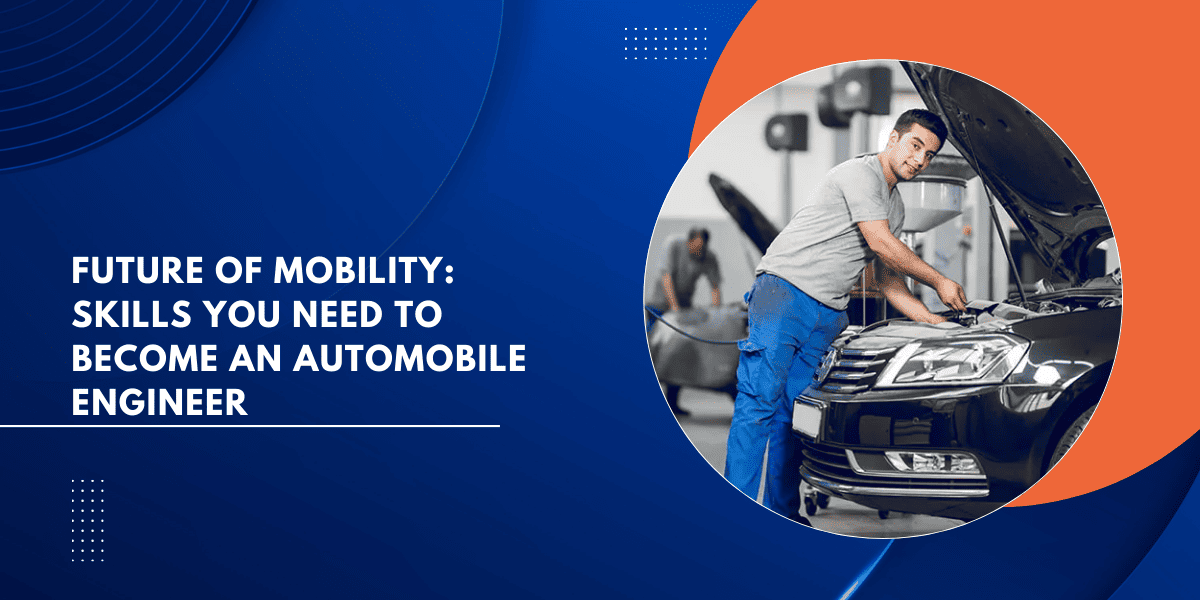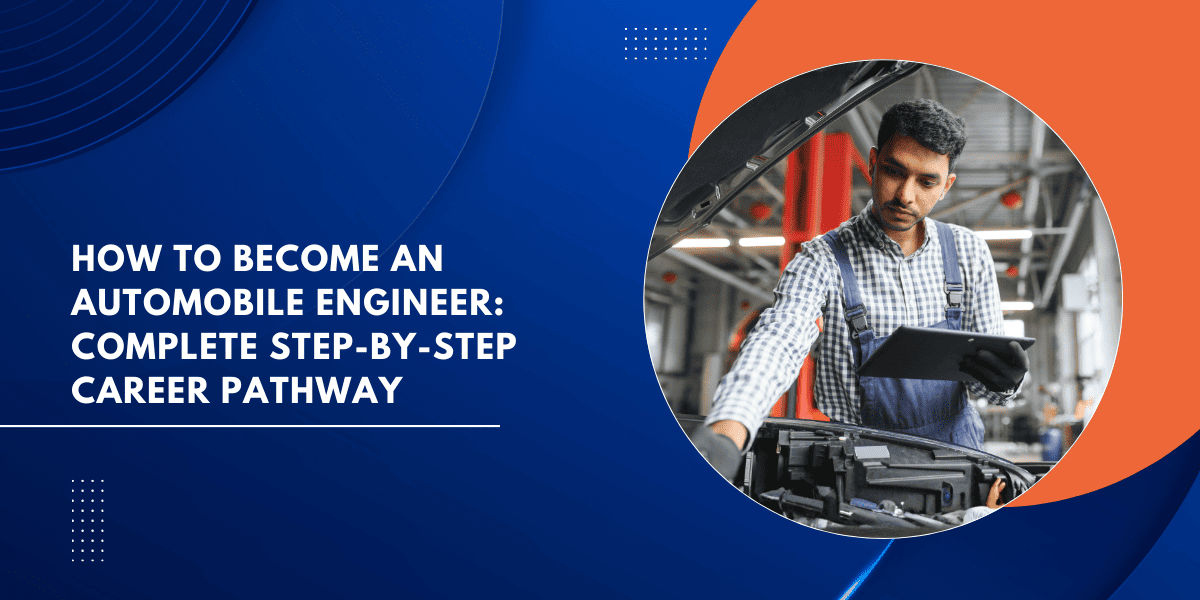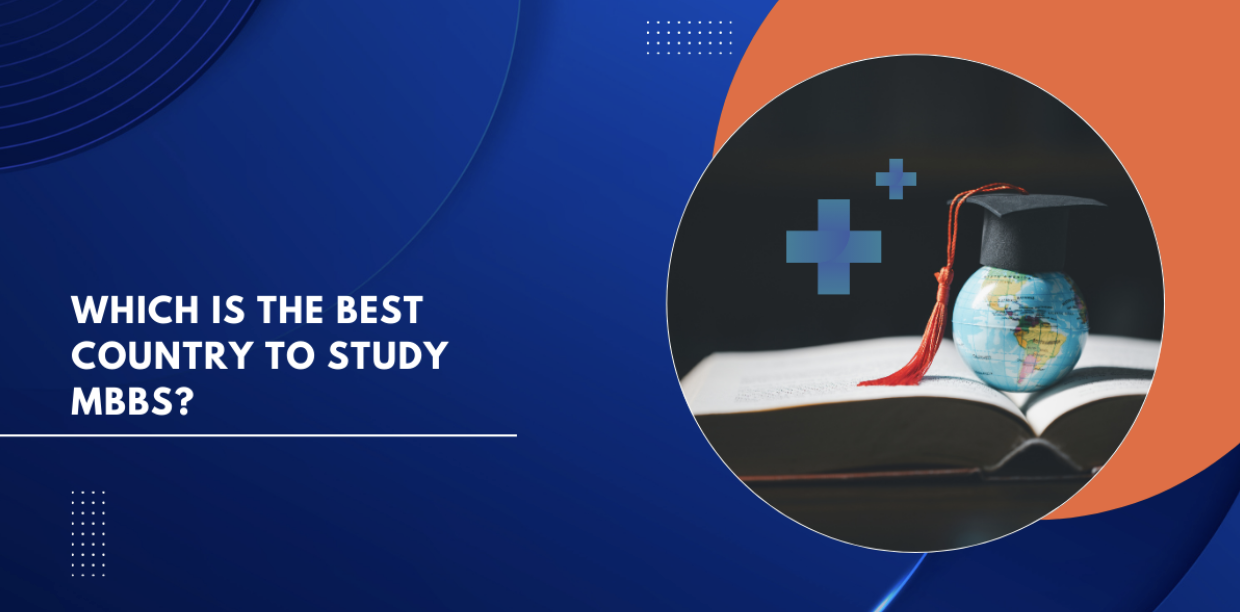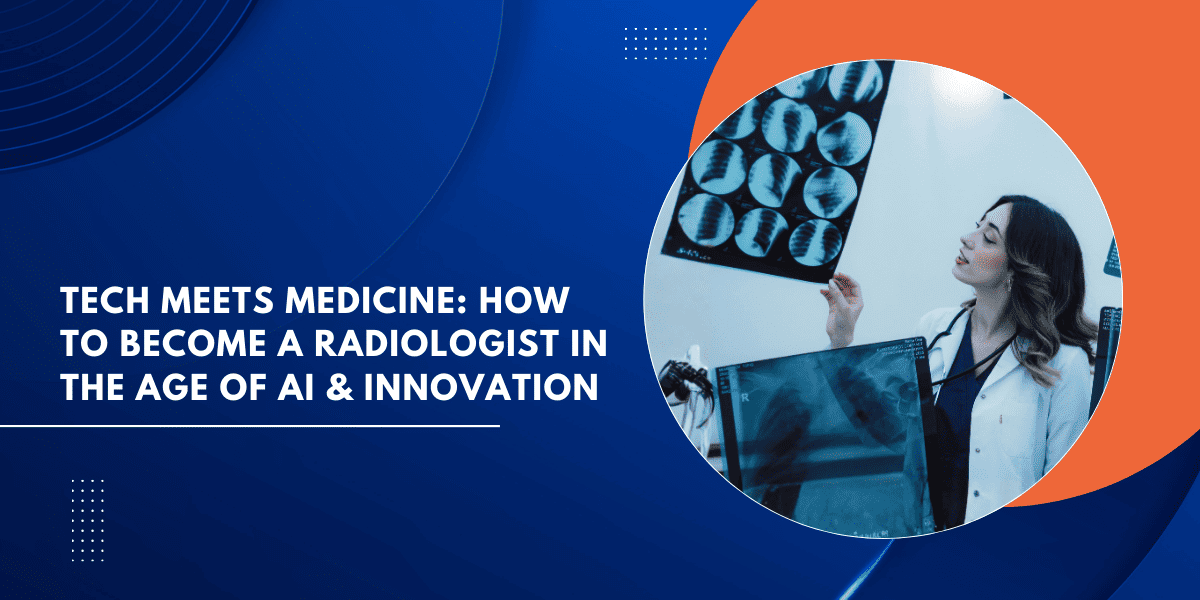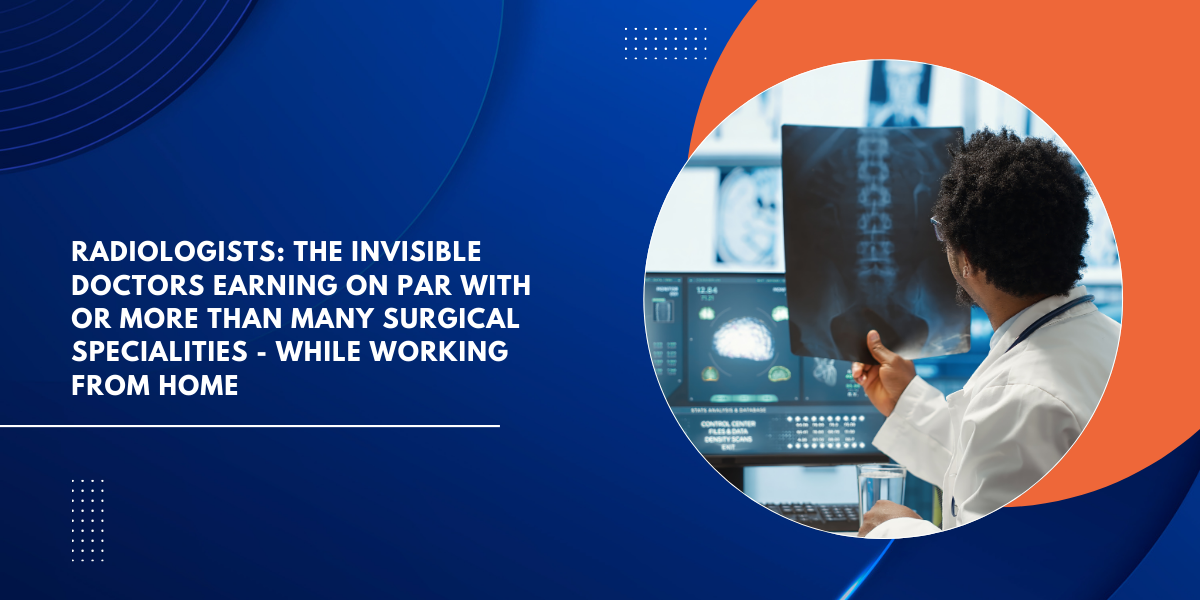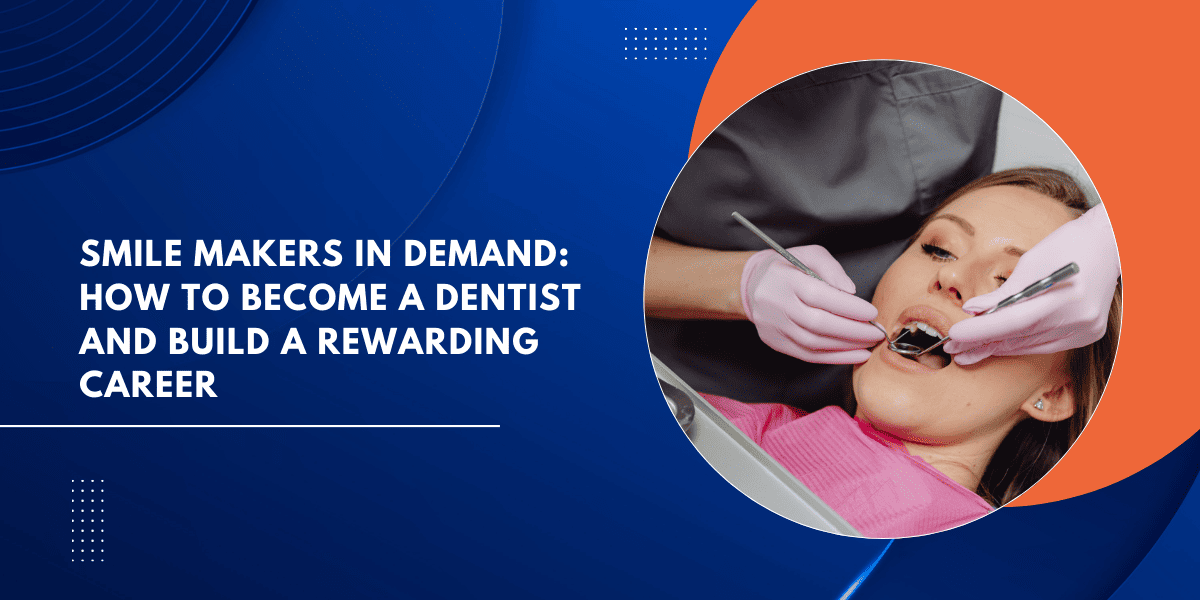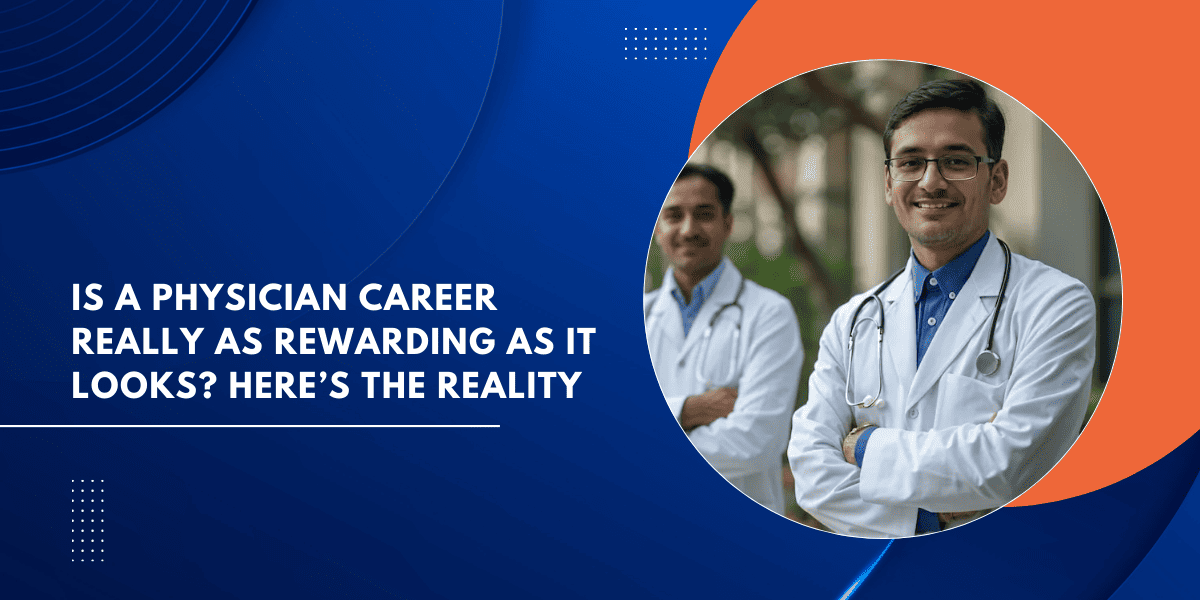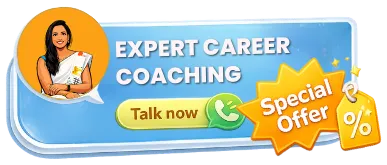Choosing the right path in today’s education system can feel overwhelming. Isn’t it?
With so many streams, boards, entrance exams, and career options, it’s easy to feel lost. Whether you’re a student standing at the crossroads of an important decision or a parent supporting your child’s dreams, understanding how the education system in modern India works is the first step toward making confident choices.
In this blog, I’ll share what I’ve observed over the years — how schools and colleges are evolving, what new skills are in demand, and how the opportunities today are so different from a decade ago.
The education system in modern India is undergoing a fascinating transformation. From the traditional chalk-and-talk method to smart classrooms, and from rote memorization to skill-based learning — the shift is real, and I feel it’s happening faster than ever.
As a parent or student, it’s completely natural to feel overwhelmed by the sea of choices, career paths, and evolving learning methods.
I have seen many students and families struggle with these decisions, especially when trying to balance traditional expectations with modern possibilities. But trust me — with the right tools and information, your journey can become a lot easier.
Today, I’ll help you understand everything you need to know about the present education system in India — what’s working, what’s changing, and how to make smart decisions for a successful future.
Should you focus on traditional education methods, or should you explore new-age learning approaches like online courses and skill-based programs?
It’s a question I often come across, and many students and parents are asking the same today. But don’t worry — I’m here to walk you through it step by step, sharing what I’ve observed, so you can build a clear understanding of the education system in modern India and make the best choices for your journey ahead.
How Has the Education System in Modern India Evolved?
The education system in modern India has undergone a massive transformation over the past few decades. From the days of rote learning to the introduction of the New Education Policy (NEP), there’s been a clear shift toward a more holistic and student-centric approach to learning.
Gone are the days when education was limited to textbooks and exams. Today, students have access to digital learning platforms, skill-based training, and international collaborations that allow them to gain real-world knowledge.
Learning is becoming more about building critical skills rather than simply memorizing information.
However, while a lot of progress has been made, there are still challenges that need to be addressed. Issues like unequal access to quality education, pressure to follow traditional career paths, and lack of awareness about new-age career options continue to impact many students across the country.
To understand how far we’ve come—and how far we still have to go—let’s first look at the big picture.
Tools & Frameworks for Better Decision-Making
As the education landscape continues to expand, choosing the right path is no longer a shot in the dark. With so many resources available today, students and parents can make far more informed and thoughtful decisions about education and career planning.
Here are some vital tools that can help in better decision-making:
Aptitude Tests
Aptitude tests help students discover their natural strengths, skills, and areas of interest. Whether it’s logical reasoning, creativity, or analytical thinking—aptitude assessments like DMIT (Dermatoglyphics Multiple Intelligence Test), Psychometric tests, and various online quizzes provide important insights.
Speaking of DMIT, it’s a fascinating tool! Dermatoglyphics is the scientific study of fingerprint patterns. Research shows that the patterns on our fingers are closely linked to how our brain is wired—revealing natural talents, learning styles, and multiple intelligences like music ability, leadership, mathematical thinking, and more. By understanding these hidden strengths early on, students can choose fields that truly match their potential instead of blindly following popular trends.
Career Counseling
Professional career counselors guide students based on their aptitude, personality, and aspirations. This one-on-one support can be a game-changer, especially when making tough choices after Class 10 or 12.
Take, for instance, the case of Mysuru-based Rohan. As a Class 12 PCM (Physics, Chemistry, Math) student from a Tier 2 city, he was preparing for IIT JEE just like most of his friends.
Everyone expected him to become an engineer. However, Rohan often found himself more interested in coding challenges, YouTube tech explainers, and AI experiments rather than solving numerical problems from his physics textbook. He felt stuck in a loop—unsure whether to continue down the engineering path or switch gears. The pressure from school, family expectations, and peer comparisons made it even harder to decide.
That’s when Rohan’s parents signed him up for NextMovez’s career assessment package and sought our help in guiding Rohan toward the best possible path, which not only aligned with Rohan’s inner interests but also offered a good career.
Through a scientifically designed aptitude + personality test, we discovered Rohan’s analytical and logical thinking aligned strongly with careers in AI, Machine Learning, and Data Science.
After a personal one-on-one counseling session, he and his parents learned about emerging career paths in B.Sc. Data Science and BCA with specialization in AI. He was also introduced to colleges offering futuristic tech programs and was even guided to take online foundation courses in Python while completing his 12th.
The good news is Rohan is now pursuing a B.Sc. in Machine Learning from a reputed university and has already completed two certifications on Coursera. He’s excited about his future—and more importantly, he feels in control of it. I am happy that through my years of experience as a career counselor, I was able to help him chase his dream.
Digital Learning Platforms
Coursera, Unacademy, Udemy, and Skillshare offer specialized courses in trending fields like data analytics, UX design, and artificial intelligence. These platforms are ideal for upskilling or exploring career options without long-term commitments.
Internships & Practical Exposure
More colleges now focus on project-based learning and mandatory internships. These experiences help students build confidence, gain industry knowledge, and strengthen their resumes.
As we talk about how education is changing, it’s important to see how the actual learning methods have evolved too.
Let’s compare how traditional and modern learning approaches differ in shaping today’s students.
Traditional vs. Modern Learning Approaches
The present education system in India still relies heavily on traditional classroom teaching. However, online learning platforms, ed-tech tools, and vocational programs are rapidly growing, offering students more flexible and diverse ways to learn.
The Role of Examinations:
Board exams and entrance tests continue to be the primary measures of academic success. While they remain stressful for students, alternative evaluation methods like continuous assessments and skill-based testing are slowly gaining attention.
Skill-Based Education:
Schools and colleges are beginning to prioritize skill development over rote learning. Practical knowledge, hands-on projects, internships, and entrepreneurship programs are now being incorporated into curricula to better prepare students for real-world challenges.
Higher Education & Career Opportunities:
Students today have more options than ever before, from studying at global universities to pursuing online certifications. Interdisciplinary programs and flexible career paths have expanded, allowing students to explore diverse interests and industries.
Pressure of Competitive Exams:
Despite educational reforms, the intense focus on competitive exams still dominates the academic journey. The pressure to achieve top ranks often leads to stress, burnout, and a narrow definition of success among students.
Lack of Practical Learning:
While some institutions have updated their teaching methods, many still emphasize textbook knowledge over practical application. As a result, students often miss out on the hands-on skills needed to thrive in real-world work environments.
Affordability of Quality Education:
Access to quality education often depends on a family’s financial resources. High tuition fees and costly coaching classes widen the gap between privileged students and those from economically weaker backgrounds.
Gap Between Education & Industry Needs:
The mismatch between outdated academic syllabi and modern industry requirements is a major concern. Many graduates find themselves underprepared for today’s job market due to a lack of emphasis on emerging technologies, critical thinking, and essential soft skills.
For example, Priya, a Class 11 Commerce student from Bangalore, was passionate about numbers and dreamed of becoming a Chartered Accountant (CA). However, she also had a strong creative side—spending hours sketching, redesigning websites, and experimenting with design tools.
Priya faced a dilemma: traditional education paths encouraged her to pick one field, but she wanted to combine her business knowledge with her creative interests. Like many students, she found that the existing academic structure didn’t provide enough guidance on interdisciplinary careers or emerging industry roles.
I was glad that Priya and her parents reached out to me in time. They wanted help and wanted to know more about career options for Priya. Through our personalized career roadmap sessions, we helped Priya realize that she didn’t have to choose between creativity and commerce. In fact, we introduced her to modern career options like UI/UX Design for Financial Platforms, Marketing Analytics, and Creative Strategy in E-commerce—roles that the traditional syllabus rarely highlighted.
We guided her toward a BBA program offering flexibility and suggested additional UI/UX certification courses online. At NextMovez, we also helped her build an online design portfolio, aligning it better with real-world job expectations.
Today, Priya is thriving in both fields—pursuing business studies while actively developing her design skills. She is aiming for dynamic roles like Product Designer or Business Analyst in tech companies, where her hybrid skill set meets the industry’s evolving demands.
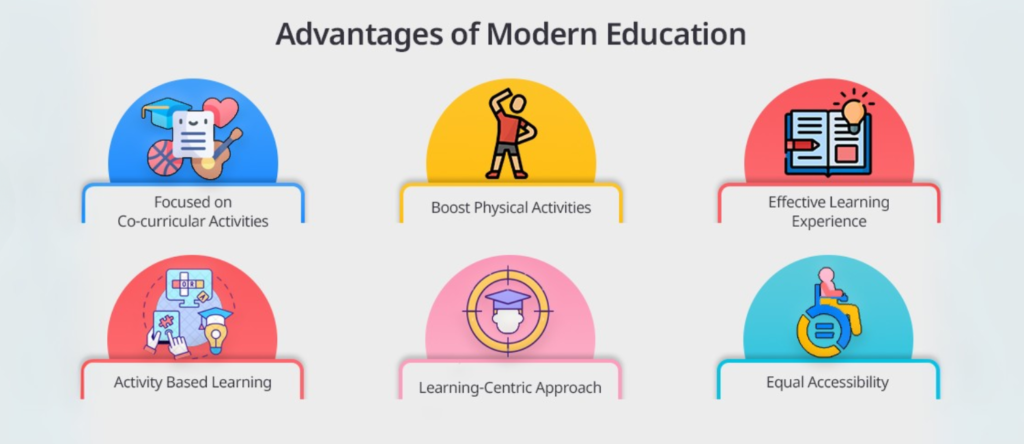
What Should Parents Do to Secure the Future of Their Children?
Identify Strengths & Interests
Hey parents, let’s start with something close to the heart—your child’s natural talents and interests. Rather than pushing them into fields just because it’s what everyone else is doing, encourage them to explore what truly excites them. Does your child love solving puzzles? Maybe they have a knack for tech or coding. Or are they more drawn to storytelling and creativity?
If they tap into these strengths early on, they’re more likely to excel and enjoy their work. Remember, success comes more easily when you love what you do.
Just look at Elon Musk, who followed his passion for technology and built companies like Tesla and SpaceX. Studies even show that students who are passionate about what they do are more likely to stay motivated and perform better in their studies.
Explore New-Age Courses
We’re in a world that’s changing faster than ever, and that means new career opportunities are popping up everywhere. Parents, if you’re wondering what courses are worth considering for your child’s future, look into areas like Artificial Intelligence, Digital Marketing, and Biotechnology. Take AI, for example—it’s not just for tech geeks anymore. It’s everywhere—from self-driving cars to healthcare innovations. By 2025, the AI industry is expected to reach $190 billion. That’s a huge growth area! So, why not encourage your child to dive into something like machine learning or even digital marketing? The future is tech-driven, and those skills are in high demand.
Leverage Online Learning
Let’s face it—traditional schooling is important, but it’s not the only way to learn these days. Online platforms like Udemy, Skillshare, and Unacademy offer so many amazing courses that can help your child develop extra skills at their own pace. Picture this: maybe your child loves graphic design but hasn’t had a chance to explore it deeply in school. A platform like Skillshare can give them that chance with easy-to-follow tutorials. It’s not just about extra learning either—during the pandemic, over 6 million people turned to platforms like Coursera to upskill. Imagine the possibilities for your child if they can mix traditional education with the flexibility and resources of online learning.
Encourage Internships & Projects
Let’s face it—traditional schooling is important, but it’s not the only way to learn these days. Online platforms like Udemy, Skillshare, and Unacademy offer so many amazing courses that can help your child develop extra skills at their own pace. Picture this: maybe your child loves graphic design but hasn’t had a chance to explore it deeply in school. A platform like Skillshare can give them that chance with easy-to-follow tutorials. It’s not just about extra learning either—during the pandemic, over 6 million people turned to platforms like Coursera to upskill. Imagine the possibilities for your child if they can mix traditional education with the flexibility and resources of online learning.
Encourage Internships & Projects
Learning through hands-on experience is one of the best ways for your child to get a real taste of the world they’re preparing for. So, don’t hesitate to encourage them to seek internships or work on personal projects. Whether it’s a coding internship, helping out with local charities, or even starting their own mini-business, these experiences will set them apart. Take it from me—research shows that 70% of students who completed internships got job offers soon after graduation. Real-world experience not only builds skills but also builds confidence and helps them make valuable connections for the future. It’s like learning to swim by jumping in the pool—way better than just reading about it!
Stay Updated with New Education Policies
Things are constantly changing in the world of education, and it’s important to stay in the loop with the latest policies. For example, the National Education Policy (NEP) 2020 has made some big changes to how we approach learning in India. One of the most exciting things about the NEP is how it encourages critical thinking, creativity, and even vocational training. This means your child can explore different subjects and career paths rather than being stuck with a rigid stream. Plus, with the growing focus on technology in the classroom, your child can benefit from global resources and educational tools that were previously out of reach. Staying updated with these changes will help you make the best decisions for your child’s future. So, don’t miss out!
Seek Professional Career Guidance
As parents, it’s natural to want the best for your child, and sometimes that means helping them navigate through complex decisions about their future. One of the best ways to support your child in making the right career choice is by seeking professional career guidance. This is especially important when your child’s interests might not align with what’s traditionally expected.
Take the case of Arjun from Kolkata, for example. Coming from a family of doctors, he naturally followed the path towards preparing for NEET. But deep down, he found his passion in understanding human behavior and emotions.
Arjun’s challenge was the lack of motivation for NEET preparation—he just didn’t feel excited about becoming a doctor. With the help of NextMovez and our expert career counselling, which provided a detailed psychometric analysis, Arjun discovered that his true calling was in Psychology, Social Work, and Counseling.
Through counseling, webinars with practicing psychologists, and exploring multiple career pathways, Arjun found a career that aligned with his strengths and passions.
Today, Arjun is pursuing a degree in Psychology and already interning in youth counseling, and his parents are incredibly proud of the decision he made.
Professional career counseling, like what Arjun experienced, helps children identify their true potential and make informed, confident choices—something every parent would want for their child. And this is exactly what my team and I love doing at NextMovez. We bring career clarity to children and parents on time so they can make the right decisions and secure their future.
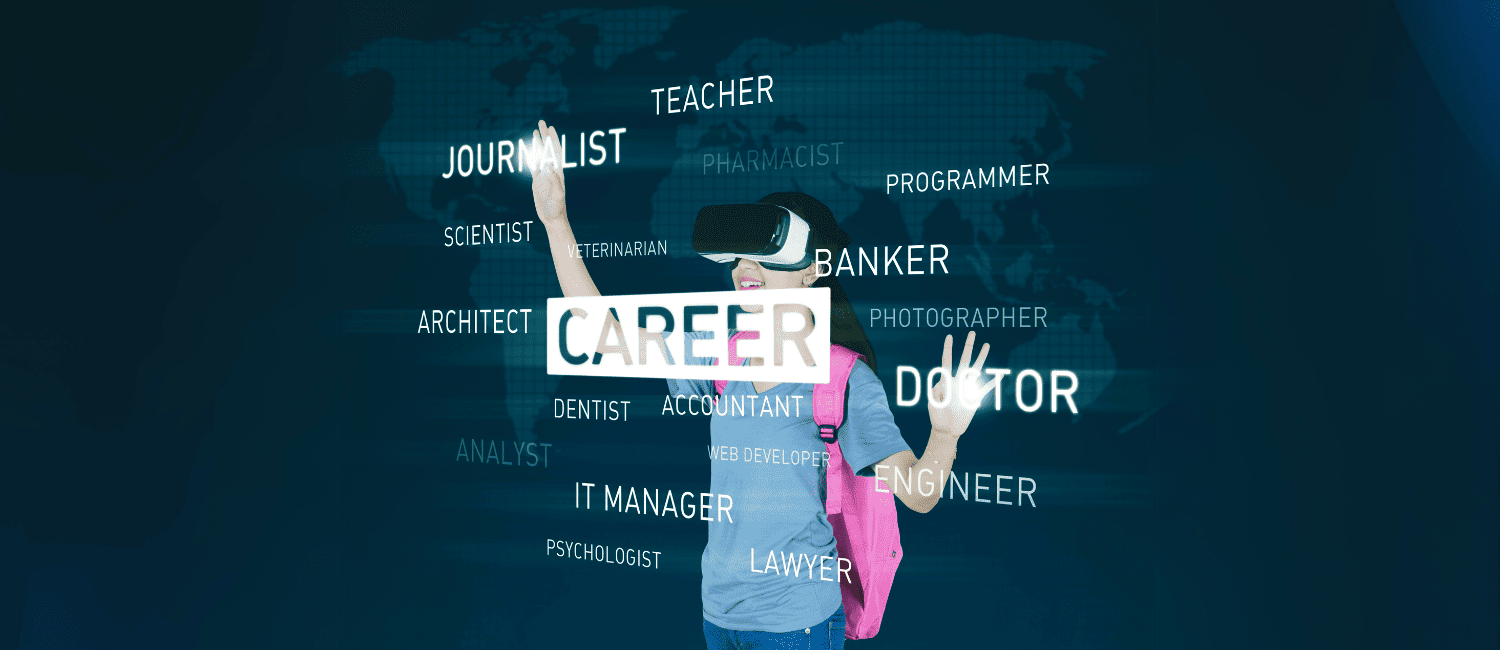
How to Validate Career Choices in the Modern Education System?
As parents, you want to make sure your child is on the right path, but the modern education system in India can be overwhelming with all the career options available. It’s important to remember that career exploration isn’t about following trends or choosing the “best” field based on societal expectations—it’s about finding what excites and motivates your child. Here’s how you can help your child explore and validate career choices that are in line with their strengths, interests, and future aspirations.
Self-Assessment: Start with What Feels Right
The journey to career clarity starts with self-reflection. Sit down with your child and talk about what truly excites them. Ask questions like, “What subjects did you enjoy the most in school?” or “Do you like solving complex problems, or are you more drawn to helping people?” This helps your child connect with their true interests. For instance, if your child enjoys working with technology and problem-solving, fields like Artificial Intelligence or Data Science could be a great fit. Encourage your child to explore what feels right instead of simply following what’s popular or expected.
Research Emerging Fields: There’s More Than Medicine and Engineering
In today’s rapidly changing education landscape, new fields are emerging all the time. While traditional career paths like medicine and engineering are always in demand, there are exciting new opportunities in areas like AI, Biotechnology, Digital Marketing, and Environmental Science. It’s crucial to help your child research these fields and understand what they entail. For example, if they love working with data and technology, a career in Data Science could lead to exciting roles such as a Machine Learning Engineer or Data Analyst. Encourage them to dive deeper into these fields and consider what might align with their interests.
Take Career Assessments: Get Some Clarity
When your child is feeling uncertain about their future, career assessments can be a game-changer. These tools help identify strengths, preferences, and personality traits, guiding them toward the best career fit. You might have heard about psychometric tests or aptitude assessments—these can provide a clearer picture of where your child might excel. For example, Arjun’s psychometric test revealed he was more suited for careers in Psychology, leading him to a fulfilling career path, rather than pursuing medicine just because it was expected.
Gain Real-World Experience: Explore Through Internships & Projects
There’s no substitute for real-world experience when it comes to validating career choices. Encourage your child to gain hands-on experience in fields they’re interested in. Internships, volunteer opportunities, or even small projects can provide invaluable insights. For instance, if your child is leaning towards healthcare but isn’t sure about being a doctor, they could explore fields like pharmaceutical research or healthcare administration. Sharmishtha, who initially wasn’t sure about pursuing medicine, found her true passion in pharmaceutical research after gaining exposure through internships and exploring the field further.
Connect with Industry Professionals: Learn from Those Who’ve Been There
Talking to people who are already working in the field can be a huge help. Encourage your child to connect with professionals or mentors who can offer guidance based on their real-life experiences. Attend career counseling sessions, webinars, or industry events to help your child understand the realities of different professions. These conversations can make all the difference in validating career choices. Just like Ankit was able to make an informed decision after speaking with professionals about AI, your child can gain valuable insights that might help them discover something they hadn’t even considered before.
Test & Refine Career Choices: Give It a Try
Exploring a career choice doesn’t mean locking into it right away. Give your child the space to test their interests through short courses, online learning, or small projects. This way, they can gauge whether they truly enjoy a field before fully committing. The flexibility of the modern education system in India allows for this kind of exploration. Let them try out different fields, and if something doesn’t feel right, they can pivot to something else. It’s all part of the journey.
Remember, helping your child explore and validate their career choices isn’t about pushing them toward a specific job—it’s about guiding them to discover a path that resonates with their skills, passions, and goals. By supporting them through this process, you’re giving them the confidence and clarity to make the right choice for their future.
Conclusion
The education system in modern India stands at a crossroads. While it offers a multitude of opportunities, it also presents challenges that need to be addressed. Therefore, the key to success lies in making informed decisions, staying updated, and focusing on skill-based education.
Moreover, the education system today provides endless possibilities, but it’s not just about choosing what’s popular or expected. The crucial question is, “Which path aligns with your child’s strengths, interests, and long-term goals?” Whether they’re considering engineering, medicine, or emerging fields like AI and digital marketing, the goal is to help them make confident, well-informed decisions. Ultimately, the right choice is one that excites and motivates them, ensuring they stay passionate and committed to their journey.
Finally, parents and students, remember—education is not just about degrees; it’s about acquiring knowledge that helps you grow and succeed in life. Keep exploring, keep learning, and don’t hesitate to seek guidance when needed. Got any questions about navigating the present education system in India? Drop them in the comments below!
Wondering how to navigate the modern education system?
How Can NextMovez Help?
At NextMovez, we specialize in guiding students through the ever-evolving education landscape. From career counseling and aptitude assessments to personalized mentorship, we help students explore, validate, and refine their career choices. Whether your child is navigating traditional academic paths or exploring innovative new fields, we’re here to support them every step of the way.
Take the first step toward a fulfilling career—connect with our experts today and empower your child with the knowledge and confidence to succeed in the modern education system!




